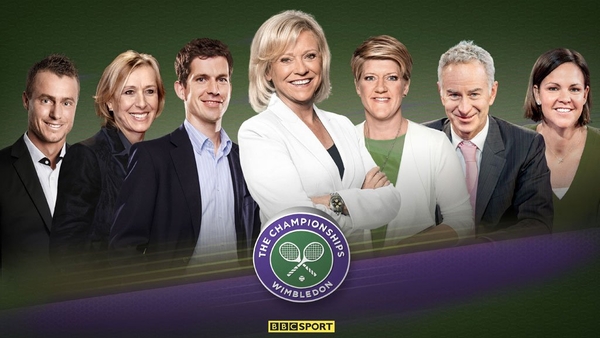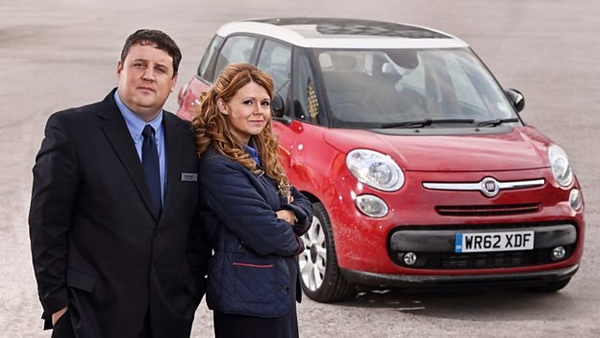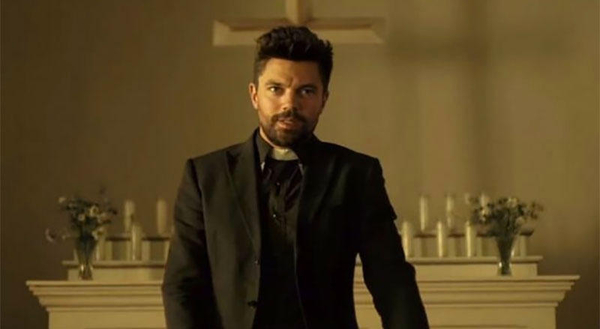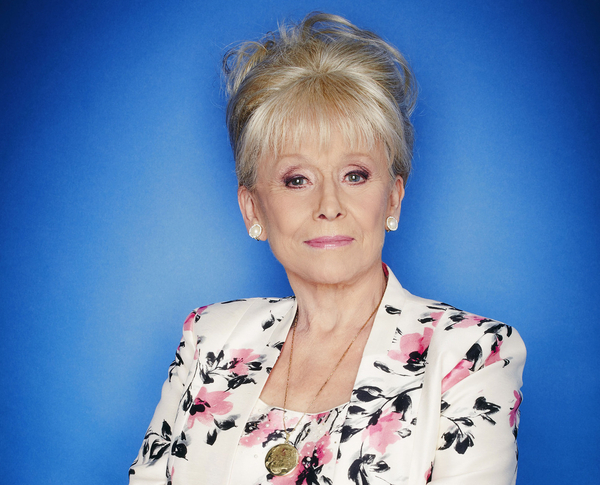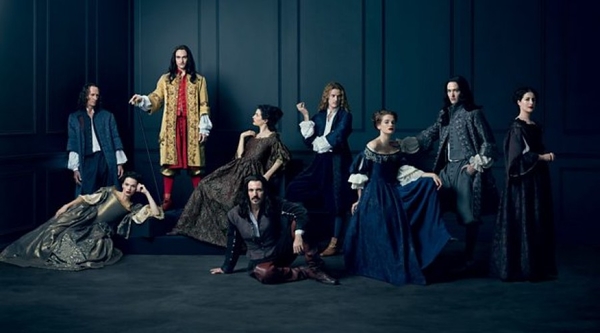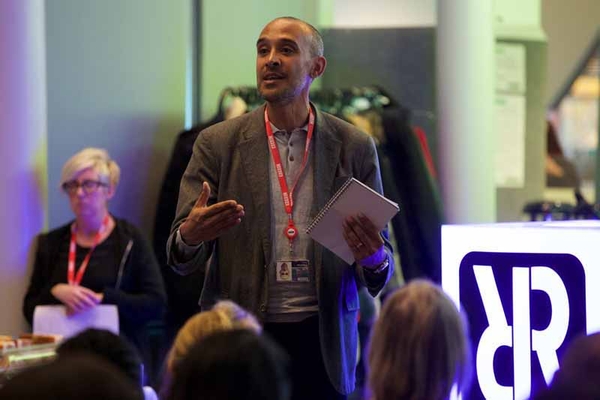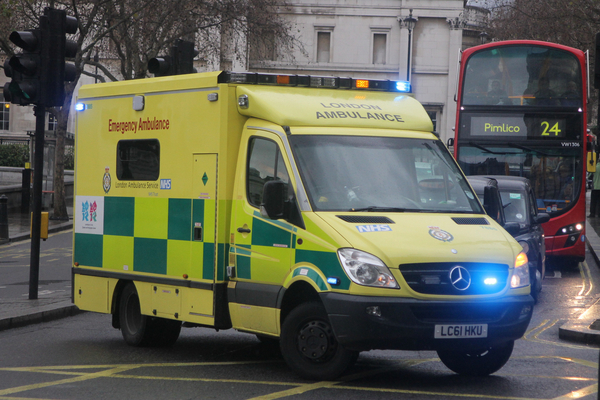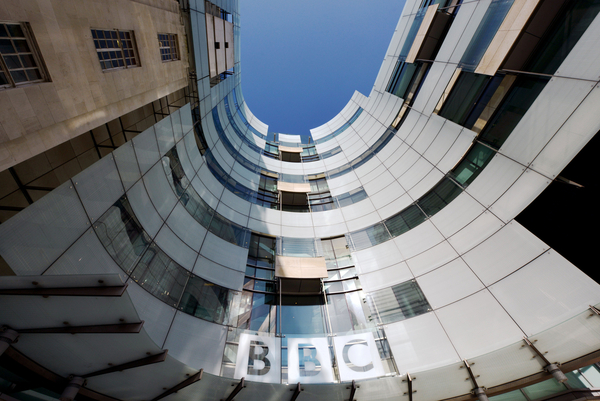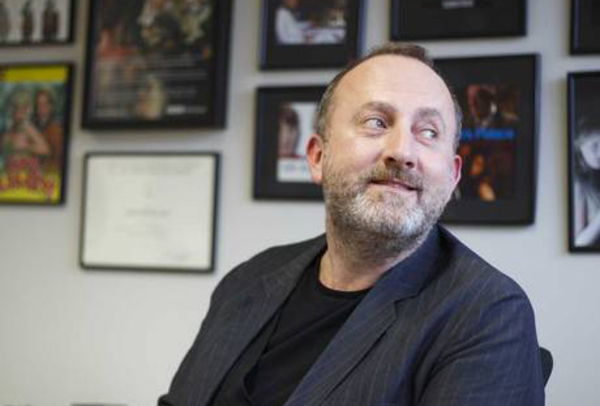BBC unveils cross-platform Wimbledon coverage
She will be taking to the air on BBC One and BBC Two throughout the Championships, and bringing viewers the latest Wimbledon action.
Joining the BBC’s presenting team are former World No. 1 players Lleyton Hewitt and Jim Courier and former British No. 1 Annabel Croft.
They will be joining an extensive team of expert analysts and commentators including Tim Henman, Tracy Austin, Andrew Castle, John Inverdale and Martina Navratilova.
Coverage begins at 11.30am on Monday 27 June on BBC Two.

